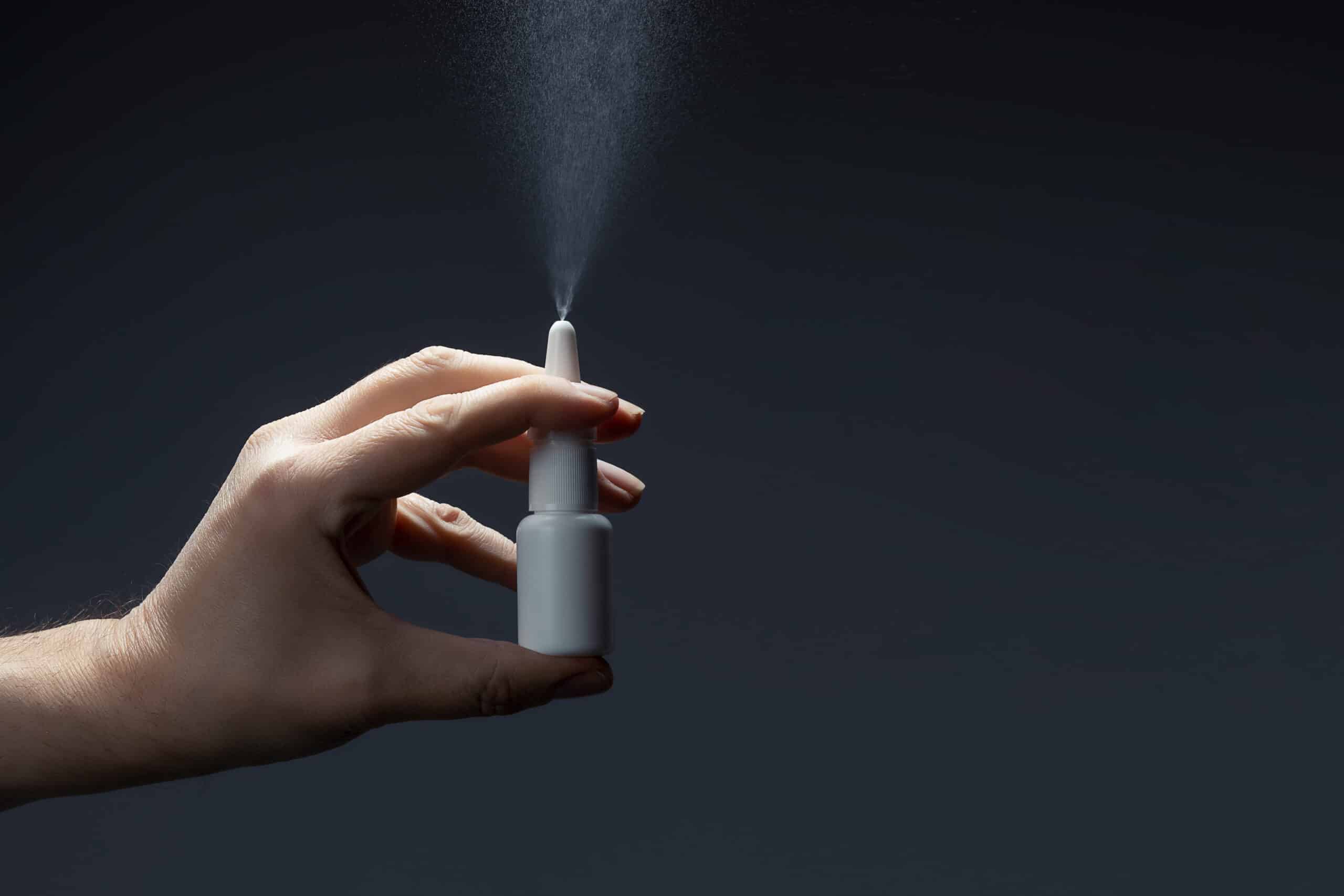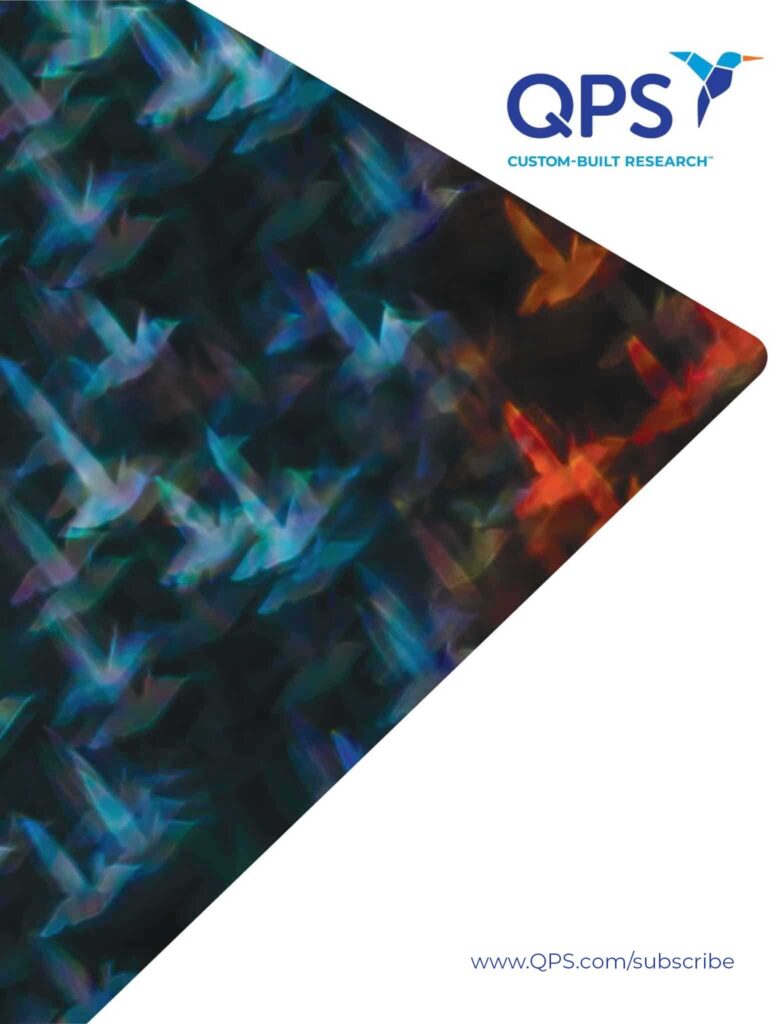A COVID-19 vaccine that provides sterilizing immunity may be in our future – and with it, a potential light at the end of the coronavirus tunnel. At least, that’s what the dozens of research groups currently working on new vaccination delivery methods – such as nasal sprays or drops – are working towards. And while there is currently little data on the effectiveness of nasal vaccines in preventing COVID-19 infections in human subjects, promising animal research indicates that a nasal vaccine could be the path toward sterilizing immunity.
Effectiveness of Current COVID-19 Vaccines
To date, more than 68 percent of the world’s population has received at least the first dose of a COVID-19 vaccine. Approximately 12.8 billion doses have been administered worldwide, and 4.12 million doses continue to be administered each day.
These current vaccinations have proved remarkably effective in preventing serious illness, hospitalizations, and deaths from COVID-19. And while they have also helped reduce the number of COVID-19 cases – those who are unvaccinated are five times more likely to become infected with COVID-19 compared with those who are fully vaccinated – they have been less effective in preventing mild cases of COVID-19. In other words, it is still possible to become sick with COVID-19 even when fully vaccinated. This has been especially true with certain highly transmissible variants, like Omicron and Delta.
As the virus continues to mutate and spread, scientists continue to work on creating more effective vaccines. That’s where research on the possibility of sterilizing immunity conferred via mucosal, or nasal, vaccines comes in.
Intramuscular Vaccines vs. Mucosal Vaccines
The current conventional vaccinations and boosters for the SARS-CoV-2 virus are all delivered intramuscularly, via injection. When the vaccine is injected into the muscle, the body’s immune system responds by creating T-cells and B-cells, which work to destroy infected cells and produce pathogen-neutralizing antibodies. These cells and antibodies are then transported to the rest of the body through the bloodstream.
However, this process takes time, and the cells and antibodies cannot always travel fast enough to reach the nose and lungs in order to prevent an infection. That’s the problem scientists hope to solve with mucosal vaccines.
Like intramuscular vaccines, mucosal vaccines can also trigger a whole-body immune response. But unlike intramuscular vaccines, mucosal vaccines are also able to provide an immediate localized immune response in the nasal cavity and respiratory tract, which are the virus’s sites of origin. By immediately entering the mucus membranes in the nasal and respiratory passages, vaccine developers hope that nasal vaccines will be able to quash the virus upon entry.
Do Nasal Vaccines Work?
While we don’t yet know the effectiveness of a nasal vaccine for COVID-19, we do know that vaccines can be effectively delivered mucosally. There are effective mucosal vaccines for a variety of other diseases, including influenza, polio, and cholera.
Current research into the effectiveness of nasal COVID-19 vaccines is looking at their possible effectiveness for both the unvaccinated receiving it as a first dose and as a booster for those who are fully vaccinated. Researchers are also comparing different modes of vaccine delivery, ranging from liquid drops to aerosol to pills.
Will Nasal Vaccines Provide Sterilizing Immunity?
Research into whether mucosal vaccines can provide sterilizing immunity against COVID-19 in humans is early and ongoing, but animal studies that have looked at using mucosal vaccines to induce sterilizing immunity against COVID-19 have shown promising results. One Yale University study found that an intranasal booster given to mice “induced mucosal immunity and completely protected the animals from a lethal level of exposure to the coronavirus, whereas an intramuscular booster did not.”
And in another study, an intranasal coronavirus vaccine given to rhesus macaques provided complete protection from SARS-CoV-2 infection – something that, at least in preclinical trials, was close to sterilizing immunity.
Whether these results are replicable in humans is a matter of ongoing research, and it will be at least one or two years before enough data in human studies is available. But with over 100 mucosal vaccines in development across the globe, researchers are hopeful that mucosal vaccines may provide a route to achieving sterilizing immunity and bringing an end to the COVID-19 pandemic.
QPS is a GLP- and GCP-compliant contract research organization (CRO) delivering the highest grade of discovery, preclinical and clinical drug research development services. Since 1995, it has grown from a tiny bioanalysis shop to a full-service CRO with 1,200+ employees in the U.S., Europe and Asia. Today, QPS offers expanded pharmaceutical contract R&D services with special expertise in neuropharmacology, DMPK, toxicology, bioanalysis, translational medicine and clinical development. An award-winning leader focused on bioanalytics and clinical trials, QPS is known for proven quality standards, technical expertise, a flexible approach to research, client satisfaction and turnkey laboratories and facilities. Through continual enhancements in capacities and resources, QPS stands tall in its commitment to delivering superior quality, skilled performance and trusted service to its valued customers. For more information, visit www.qps.com or email [email protected].






